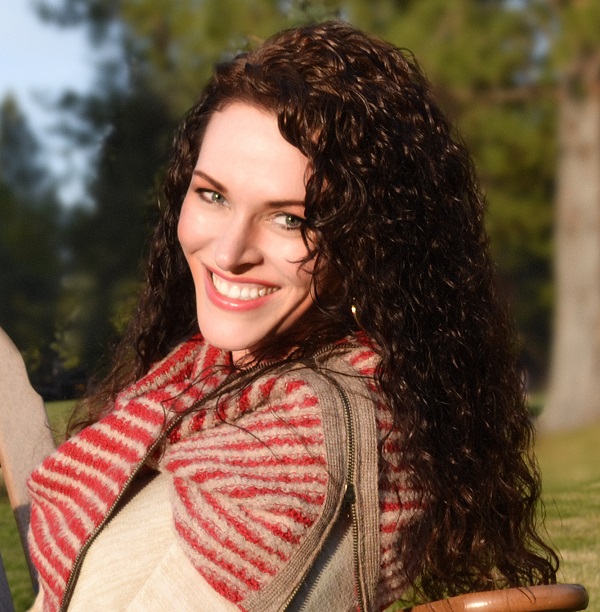Last week at the University of Virginia, the Virginia Center for the Study of Religion held a religion and politics panel, “Religion and the Presidential Election.”
From the Left, we had Burns Strider visiting from Washington DC. Burns is the founder and principal of Eleison LLC, the nation’s leading consulting firm committed to finding and creating common ground between America’s diverse values-based communities. A native of Mississippi, Burns was born and raised a Southern Baptist, but can speak broadly about faith and politics from the perspective of someone on the inside. He served as the Senior Advisor and Director of Faith Based Outreach for Secretary of State Hillary Clinton during her primary campaign in 2008, and continues to advise a diverse clientele including The Democratic National Committee, Reverend Jim Wallis and Sojourners, Oxfam America, Bread for the World, and Clinton Global.
As is the nature of panels, we also had a conservative voice. Professor James W. Ceaser, currently the Harry F. Byrd Professor of Politics at the University of Virginia, spoke from the Right. Professor Ceaser is the author of several books on American politics and American political thought including Presidential Selection (Princeton University Press, 1979), Liberal Democracy and Political Science (Johns Hopkins University Press, 1992), and Nature and History in American Political Development (Harvard University Press, 2006). Ceaser also contributes regularly to the popular press.
The spirited and savvy Professor Valerie C. Cooper, from the Department of Religious Studies, moderated.
With two so very qualified speakers in the room, the question most people wanted answered: Will white, evangelical Christians vote for a Mormon? The answer from both sides – Yes. But that doesn’t tell the whole story.
Here’s a bit of what we learned:
Evangelical Christianity can be hard to define, but Mark A. Noll’s definition is one used often in academics. He says that there are four primary characteristics of Evangelical Christianity. First, there’s a big emphasis on conversions or being “born again.” This is when a person accepts Jesus Christ into their heart as their savior. Second, Evangelical Christians are expected to proselytize, or to try to convert others to their faith. Because they believe that the only path to Heaven is through salvation in Jesus Christ, Evangelicals must work to “save” others; there is often a strong mission component in Evangelical churches. Third, Evangelical Christians tend to regard the Bible as an infallible document, divinely inspired by God. It is the ultimate authority, and all answers can be found in Scripture. Lastly, more than in other sects of Christianity, Evangelical faiths are especially Christo-centric. This means that they put extra emphasis on the Jesus Christ’s crucifixion and resurrection because it is what makes possible the redemption of humanity. In today’s world, denominations such as Pentecostalism, Southern Baptist, and Church of God are considered Evangelical, but the non-denominational mega-church is also an important contributor to Evangelicalism as it exists and functions in 2012.
Because this is such a diverse and flexible category (there are even Evangelical Catholics), it’s hard to make sweeping generalizations (and we ought to avoid them anyway) about entire faiths. I think, though, that it’s safe to say that Evangelical Christians want to know that their President understands their faith. This helps explain why White Evangelicals, who tend to vote Republican, felt comfortable supporting Bill Clinton. He could (and still can) sing, worship, preach, and even cry with the best of them.
Romney, on the other hand, doesn’t fit that particular Christian mold. In the words of Prof Ceaser, “They’re accepting Romney’s Mormonism, but that acceptance has not yet turned into enthusiasm.”
So the answer? Yes, White Evangelical Christians will vote for Romney. But it’s not so much a vote in favor of a Mormon as it is a vote against Obama, a man who over half of this country (per the most recent Pew Poll) doesn’t believe is a Christian.
What!?
Yup. That’s the truth. When asked, “What is Barack Obama’s Religion?” only 49% of Americans answered Christian. 17% said Muslim, 3% said other, and a whopping 31% answered “Don’t know.” This is man who has been our President for four years, and we don’t know what Religion he is? I’m baffled.
But what is it about Barack Obama that keeps 51% of Americans from believing, remembering, or accepting that he is a Christian? His unusual upbringing? Maybe. His cerebral (as opposed to spiritual) relationship with his faith? Maybe.
These, I think, are optimistic answers. What seems more obvious to me is that, pure and simple, it is a product of his name and his race. And I’m willing to venture that a large portion of the 51% who said they don’t believe Barack Obama is a Christian are the very same white Evangelical Christians who have had to be convinced to vote for a Mormon. It is as I said earlier: they want someone who understands their faith. And since neither candidate seems to fit the bill this election cycle, we’re left with millions of unenthusiastic, characteristically Republican voters.
So yeah, faith matters. But we’ll have to wait until November 6th to find out how much.
As always, follow me on Twitter at @MissAnalytical or e-mail me at [email protected].
 Content Director’s Note: This post is a part of our Election Month at Patheos feature. Patheos was designed to present the world’s most compelling conversations on life’s most important questions. Please join the Facebook following for our new News and Politics Channel — and check back throughout the month for more commentary on Election 2012. Please use hashtag #PatheosElection on Twitter.
Content Director’s Note: This post is a part of our Election Month at Patheos feature. Patheos was designed to present the world’s most compelling conversations on life’s most important questions. Please join the Facebook following for our new News and Politics Channel — and check back throughout the month for more commentary on Election 2012. Please use hashtag #PatheosElection on Twitter.











